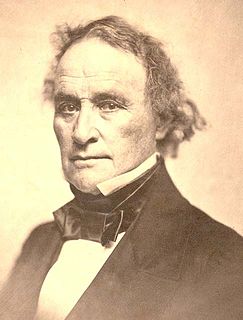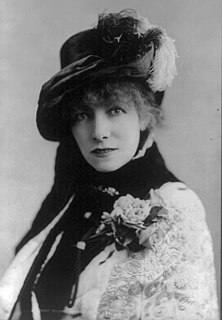A Quote by Henry Wadsworth Longfellow
If you once understand an author's character, the comprehension of his writings becomes easy.
Quote Topics
Related Quotes
One interesting feature of criticism is seen in the ease with which it discovers what Addison called the specific quality of an author. In Livy, it will be the manner of telling the story; in Sallust, personal identification with the character; in Tacitus, the analysis of the deed into its motive. If the same test be applied to painters, it will find the prominent faculty of Correggio to be manifested in harmony of effect; of Poussin, in the sentiment of his landscapes; and of Raffaelle, in the general comprehension of his subject.
The Plagiarism of orators is the art, or an ingenious and easy mode, which some adroitly employ to change, or disguise, all sorts of speeches of their own composition, or that of other authors, for their pleasure, or their utility; in such a manner that it becomes impossible even for the author himself to recognise his own work, his own genius, and his own style, so skilfully shall the whole be disguised.
Discipleship is not limited to what you can comprehend – it must transcend all comprehension. Plunge into the deep waters beyond your own comprehension, and I will help you to comprehend even as I do. Bewilderment is the true comprehension. Not to know where you are going is the true knowledge. My comprehension transcends yours.
I'm not the person I once was. I have Thorn now, and... I'm not fighting for myself anymore....It makes a difference....I used to think you were a fool to keep risking your life as you have...I know better now. I understand...why. I understand...' His [Murtagh] eyes widened and his grimace relaxed, as if his pain was forgotten, and an inner light seemed to illuminate his features. 'I understand-we understand.







































